The Messenger of Allah (Peace be upon him) arrived in Madinah on Friday, 12th Rabi‘ Al-Awwal 1 Hijri, i.e. September 27th. 622 A.D.
On Friday morning, the Prophet Muhammad (Peace be upon him), sent for Bani An-Najjar, his maternal uncles, to come and escort him and Abu Bakr to Madinah. He rode towards the new headquarters amidst the cordial greetings of his Madinese followers who had lined his path. He halted at a place in the vale of Banu Salim and there he performed his Friday prayer with a hundred others. (Bukhari 1/555)
Meanwhile the tribes and families of Madinah, the new name for Yathrib and a short form of ‘The Messenger’s Madinah (City)’, came streaming forth, and vied with one another in inviting the noble visitor to their homes. The girls of the Madinese used to chant beautiful verses of welcome rich in all meanings of obedience and dutifulness to the new Messenger.
Though not wealthy, every Ansar (Helper) was wholeheartedly eager and anxious to receive the Messenger in his house. It was indeed a triumphal procession. Around the camel of Muhammad (Peace be upon him) and his immediate followers, rode the chiefs of the city in their best raiment and in glittering armour, everyone saying: “Alight here O Messenger of Allah, abide by us.” Muhammad (Peace be upon him) used to answer everyone courteously and kindly: “This camel is commanded by Allah, wherever it stops, that will be my abode.”
The camel moved onward with slackened rein, reached the site of the Prophetic Mosque and knelt down. He did not dismount until it rose up again, went on forward, turned back and then returned to kneel down in the very former spot. Here, he alighted in a quarter inhabited by Banu Najjar, a tribe related to the Prophet Muhammad (Peace be upon him) from the maternal side. In fact, it was his wish to honour his maternal uncles and live among them. The fortunate host, Abu Ayyub Al-Ansari, stepped forward with unbounded joy for the Divine blessing appropriated to him, welcomed the Noble Guest and solicited him to enter his house.
A few days later, there arrived the Prophet’s spouse Sawdah, his two daughters Fatimah and Umm Kulthum, Usama bin Zaid, Umm Aiman, ‘Abdullah — son of Abu Bakr with Abu Bakr’s house-hold including ‘Aishah (RA). Zainab was not able to emigrate and stayed with her husband Abi Al-‘As till Badr Battle. (Bukhari 1/556)
‘Aishah (RA) said: “When the Messenger of Allah (Peace be upon him) arrived in Madinah , both Abu Bakr and Bilaal fell ill. I used to attend to their needs. When the fever took firm grip of Abu Bakr he used to recite verses of poetry that smacked of near death; Bilaal, when the fit of fever alleviated, would also recite verses of poetry that pointed to clear homesickness.”
‘Aishah (RA) added: “I briefed the Prophet Muhammad (Peace be upon him) on their grave situation, and he replied: O Allah, we entreat You to establish in our hearts a strong love for Madinah equal to that we used to have for Makkah, or even more. O Allah, bless and increase the wealth of Madinah and we beseech You to transmute its rotten mud into wholesome edible fat.” (Bukhari 1/588)
The first task to which the Prophet Muhammad (Peace be upon him) attended on his arrival in Madinah was the construction of a Mosque, in the very site where his camel knelt down. The land, which belonged to two orphans, was purchased. The Prophet (Peace be upon him) himself contributed to building the Mosque by carrying adobe bricks and stones while reciting verses:
“O Allah! no bliss is there but that of the Hereafter, I beseech you to forgive the Emigrants and Helpers.”
The ground was cleared, of weeds and shrubs, palm trees and rubbish, the graves of the polytheists dug up and then levelled and the trees planted around. The Qiblah (the direction in which the Muslims turn their faces in prayer) was constructed to face Jerusalem; two beams were also erected to hold the ceiling up. It was square in form, each side measuring approximately 100 yards, facing towards the north and having three gates on each of the remaining sides. Nearby, rooms reserved for the Prophet’s household were built of stones and adobe bricks with ceilings of palm leaves. (Al Bukhari 1/71,555,560; Za’d Al-Ma’ad 2/56)
To the north of the Mosque a place was reserved for the Muslims who had neither family nor home. The Adhan (summoning the Muslims to the Mosque by the Call for prayer) was initiated at this early stage of post-migration era. The Mosque was not merely a locus to perform prayers, but rather an Islamic league where the Muslim’s were instructed in Islam and its doctrines. It served as an assembly place where the conflicting pre-Islamic trends used to come to terms; it was the headquarter wherein all the affairs of the Muslims were administered, and consultative and executive councils held.
The Mosque being thus constructed, the Prophet Muhammad (Peace be upon him) next turned his attention to cementing the ties of mutual brotherhood amongst the Muslims of Madinah, Al-Ansar (the Helpers) and Al-Muhajirun (the Emigrants). It was indeed unique in the history of the world. A gathering of 90 men, half of whom Emigrants and the others Helpers assembled in the house of Anas bin Malik where the Prophet Muhammad [pbuh] gave the spirit of brotherhood his official blessing. When either of the two persons who had been paired as brothers, passed away, his property was inherited by his brother-in-faith. This practice continued till the following verse was revealed at the time of the battle of Badr, and the regular rule of inheritance was allowed to take its usual course:
“…But kindred by blood are nearer to one another regarding inheritance.” (Surah Al Anfal 8:75)
“Brotherhood-in-faith” to quote Muhammad Al-Ghazali again, “was holding subordinate every distinction of race and kindred and supporting the Islamic precept: none is superior to the other except on the basis of piety and God-fearing.”
The Prophet (Peace be upon him) attached to that brotherhood a valid contract; it was not just meaningless words but rather a valid practice relating to blood and wealth rather than a passing whim taking the form of accidental greeting.
The atmosphere of brotherhood and fellow-feeling created a spirit of selflessness infused deeply in the hearts of his followers, and produced very healthy results. For example, Sa‘d bin Ar-Rabi‘, a Helper, said to his fellow brother ‘Abdur Rahman bin ‘Awf, “I am the richest man amongst the Helpers. I am glad to share my property half and half with you. I have two wives, I am ready to divorce one and after the expiry of her ‘Iddah, (the prescribed period for a woman divorcee to stay within her house unmarried) you may marry her.” But ‘Abdur Rahman bin ‘Awf was not prepared to accept anything: neither property nor home. So he blessed his brother and said: “Kindly direct me to the market so that I may make my fortune with my own hands.” And he did prosper and got married very shortly by his own labour.
The Helpers were extremely generous to their brethren-in-faith. Abu Hurairah reported that they once approached the Prophet (Peace be upon him) with the request that their orchards of palm trees should be distributed equally between the Muslims of Madinah and their brethren from Makkah. But the Prophet (Peace be upon him) was reluctant to put this heavy burden upon them. It was, however, decided that the Emigrants would work in the orchards alongwith the Helpers and the yield would be divided equally amongst them.
Such examples point directly to the spirit of sacrifice, altruism and cordiality on the part of the Helpers, and also to the feeling of appreciation, gratitude and self-respect that the Emigrants held dear to their hearts. They took only what helped them eke a reasonable living. In short, this policy of mutual brotherhood was so wise and timely that many obstinate problems were resolved wonderfully and reasonably.
The Sealed Nectar
Safi-ur Rahman Al-Mubarakpuri
Islamic University Al-Madinah Al-Munawwarah
Also Read:
Hazrat Bilaal (RA) – The Muazzin
2nd Holiest Place : Masjid Al Nabawi in Madinah
 navedz.com a muslim's Quest for the truth
navedz.com a muslim's Quest for the truth

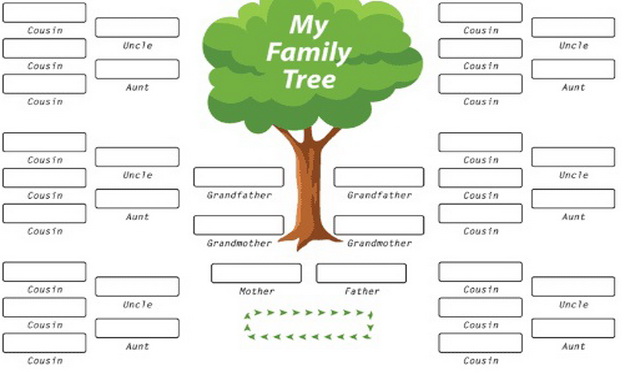
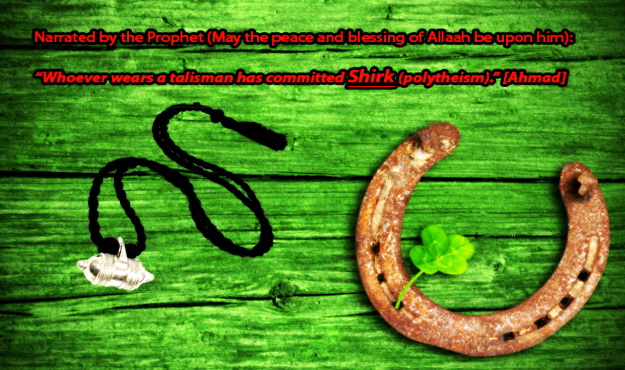
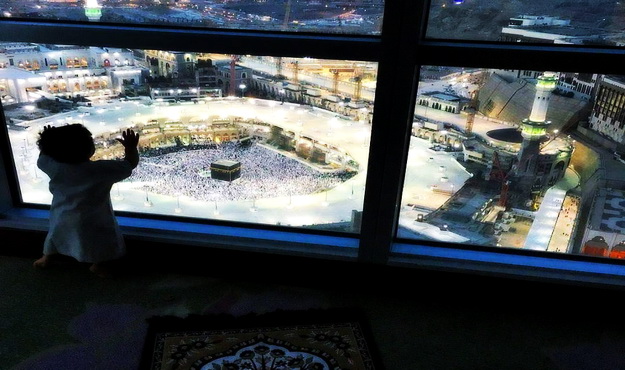

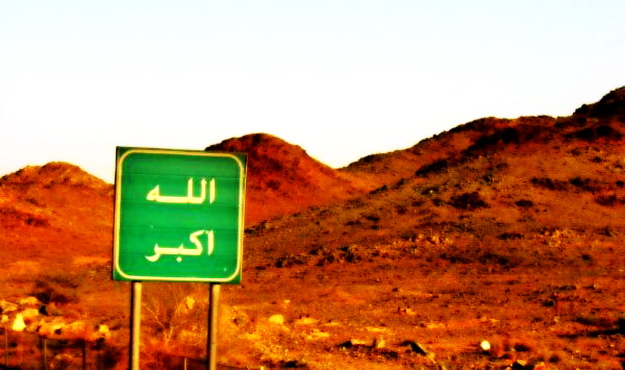
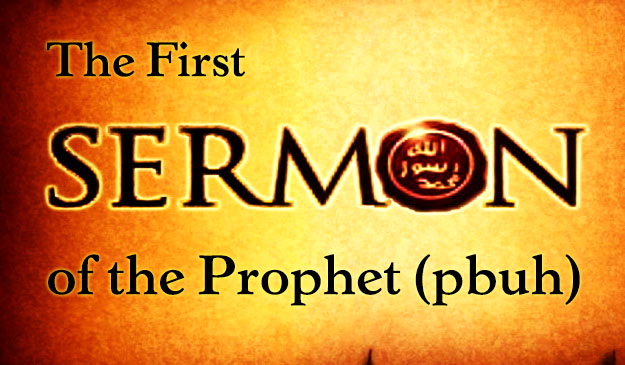


very nice blog
.. I’ll join with u
??????? ????? ??????? | ???? ????? | ????? ??